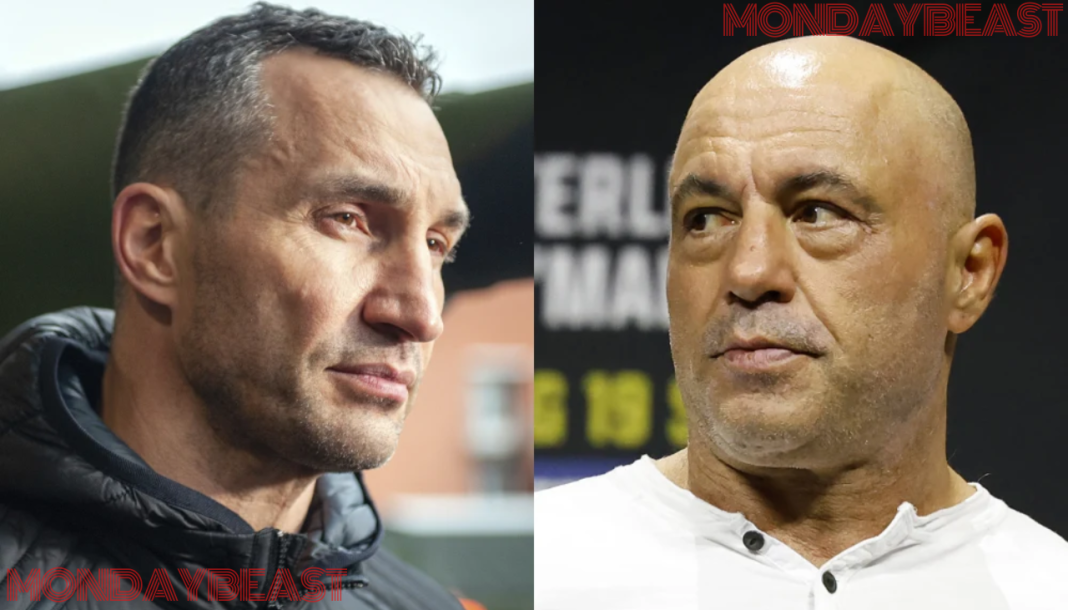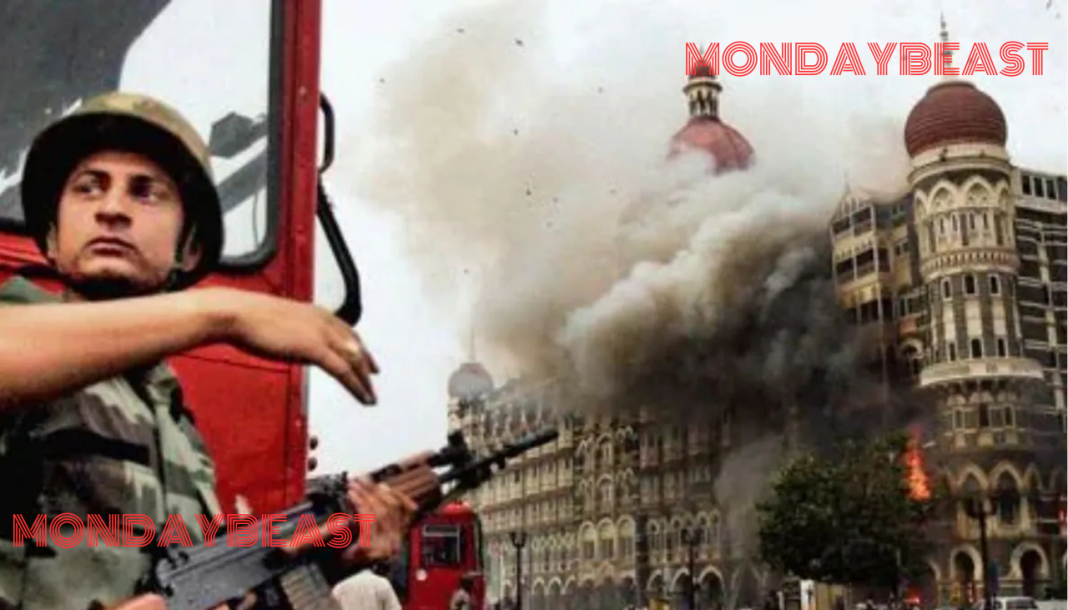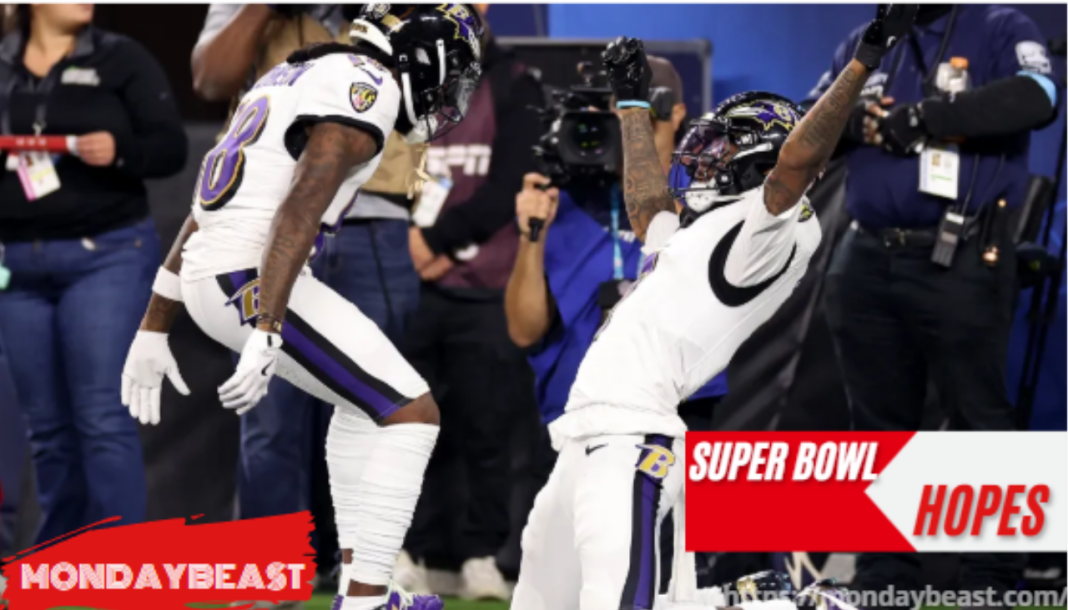Ukrainian Boxer Throws Down the Gauntlet
Ukrainian boxing champion Wladimir Klitschko recently stepped into the ring of public opinion, targeting none other than Joe Rogan. Klitschko, famous for his fierce left hook, now aims to deliver a verbal knockout against Rogan’s comments. The podcaster has stirred controversy with his latest episode, making claims that have upset the delicate balance of information surrounding the ongoing conflict in Ukraine.
The episode in question has raised eyebrows worldwide. Rogan seemingly aligned himself with critical voices suggesting Ukraine’s aggressive stance could induce World War III. Klitschko, addressing these allegations, asserts that misinformation is a weapon often wielded by aggressors like Russia. His video response to Rogan has gone viral, garnering over 11 million views and making waves across social media platforms.
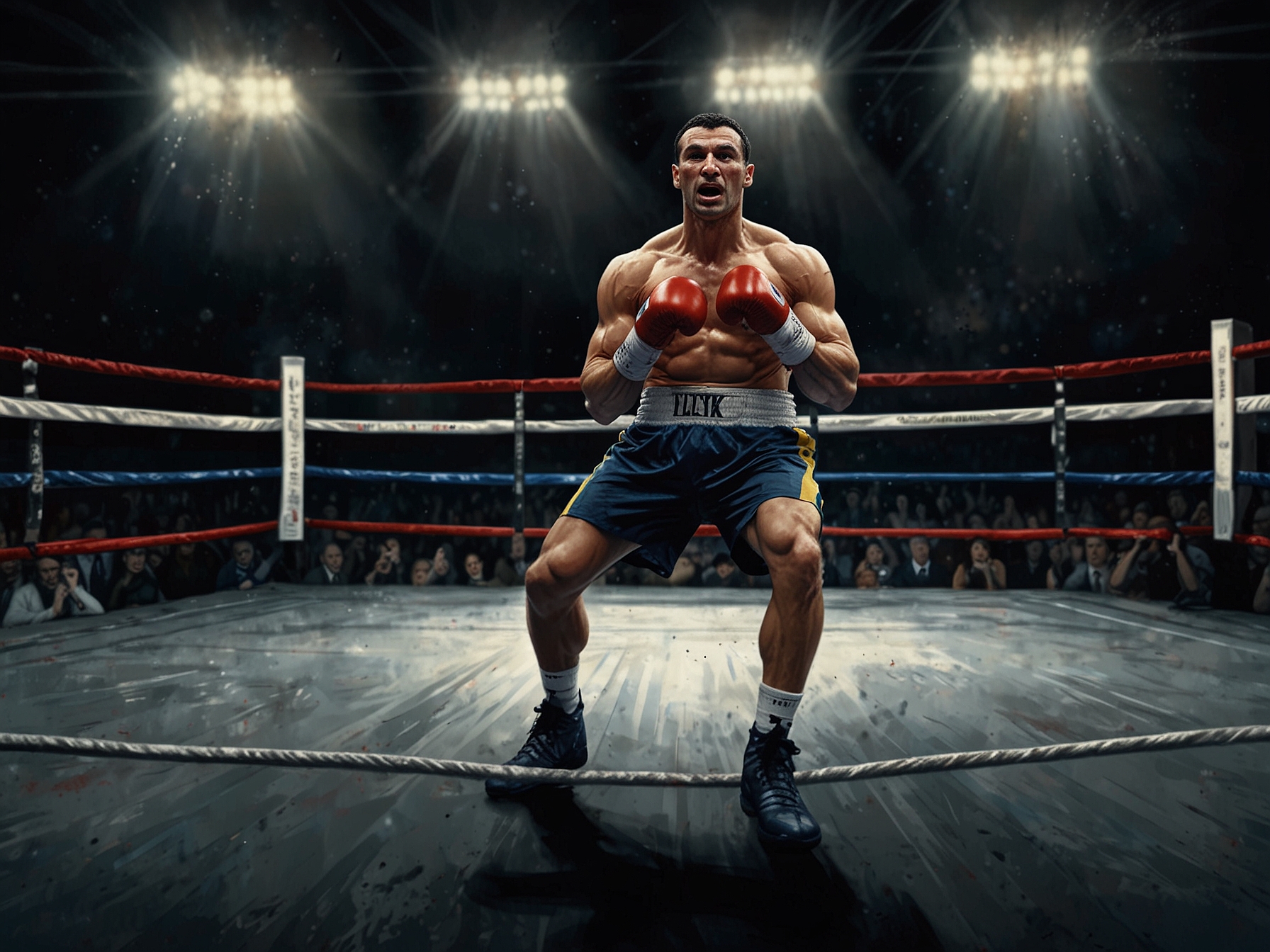
Rogan’s approach, rife with provocative statements, included a dramatic accusation of President Zelenskyy’s character. He implied the Ukrainian President’s rhetoric was dangerously irresponsible, claiming it screams of “cocaine-like behavior.” Do such statements contribute to a deeper vulnerability in global discourse?
Rogan’s Controversial Episode
In the same episode, Rogan argued against U.S. support for Ukraine amidst its conflict with Russia. He spoke about Ukraine striking Russian territory with missiles supplied by American resources. Many listeners were left asking: Should we question the motives behind such aid? Rogan’s take on this complex matter might have simplified a multifaceted issue while heightening tensions surrounding it.
Moreover, Rogan didn’t hold back on his thoughts about President Biden’s approach. He indicated that not only does he disagree with Biden’s approval of the missile strikes, but he feels unsafe about their implications. “This could start World War III,” he warned. The idea that a single statement can fuel such dire predictions reveals the power and peril of public platforms. Is fear driving our discussions more than facts?
Klitschko’s Passion and Plea
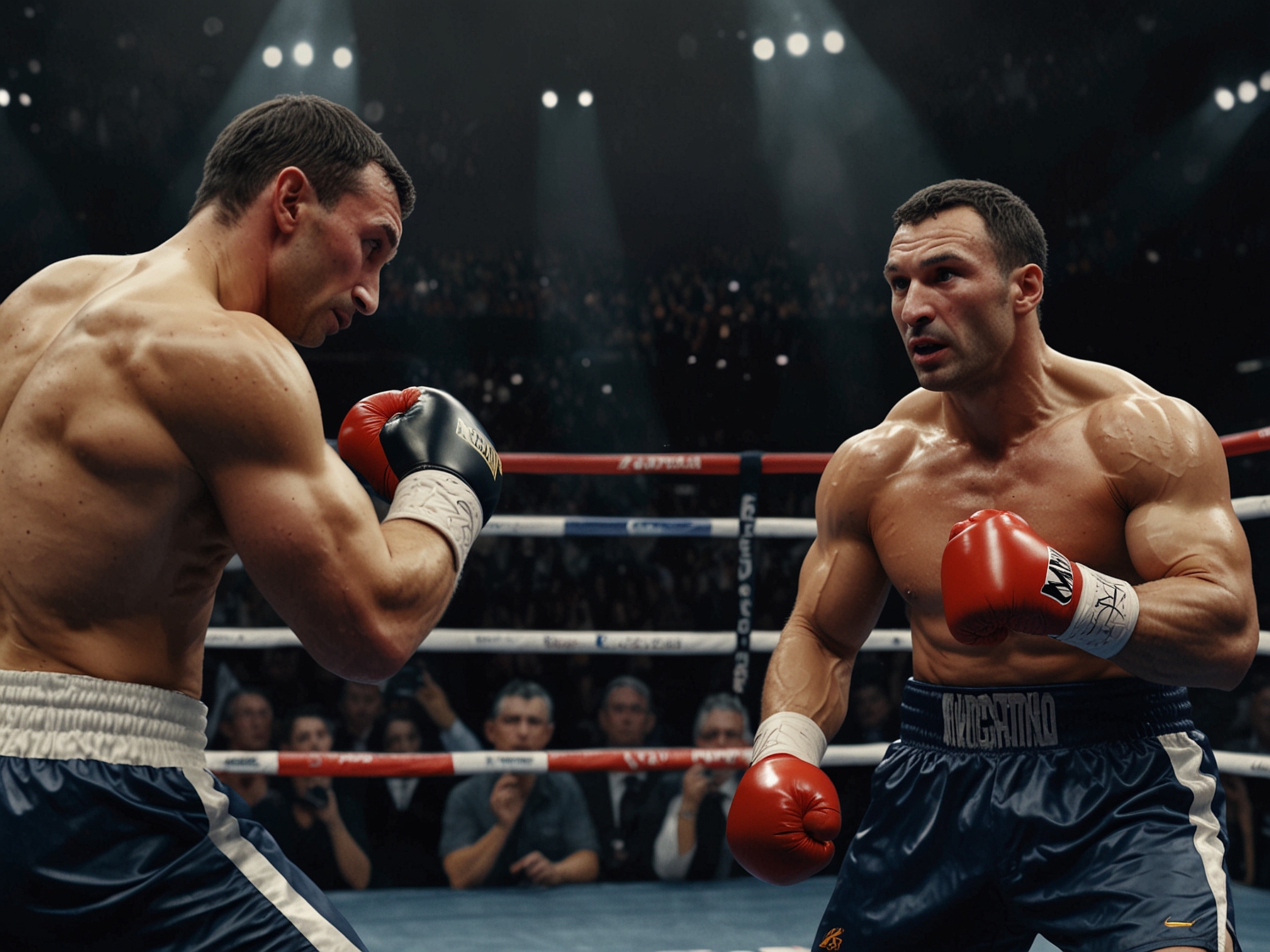
Klitschko’s reaction is heartfelt and impassioned. In his viral video, he labeled Rogan’s commentary as Russian propaganda. He conveyed sorrow over how misinformation undermines support for Ukraine’s ongoing struggle against invasion. Interestingly, Klitschko reminds his viewers that Putin’s war was predicted to last mere days—yet here we are, three years later, witnessing immense heroism from the Ukrainian people.
His call to engage in conversation highlights an essential aspect of discourse—understanding versus judgment. Klitschko invited Rogan to join him on the podcast to have a discussion “like free men.” This emphasis on dialogue rather than divisiveness resonates with the idea that transparency builds trust.
The Role of Social Media in Shaping Narratives
Social media has become a double-edged sword in modern discourse. On one hand, it can amplify valuable voices like Klitschko’s; on the other, it can propagate dangerous misinformation. Tools of manipulation, such as altered videos or misleading narratives, can cloud the truth. Have we navigated too far into a world where perception trumps reality?
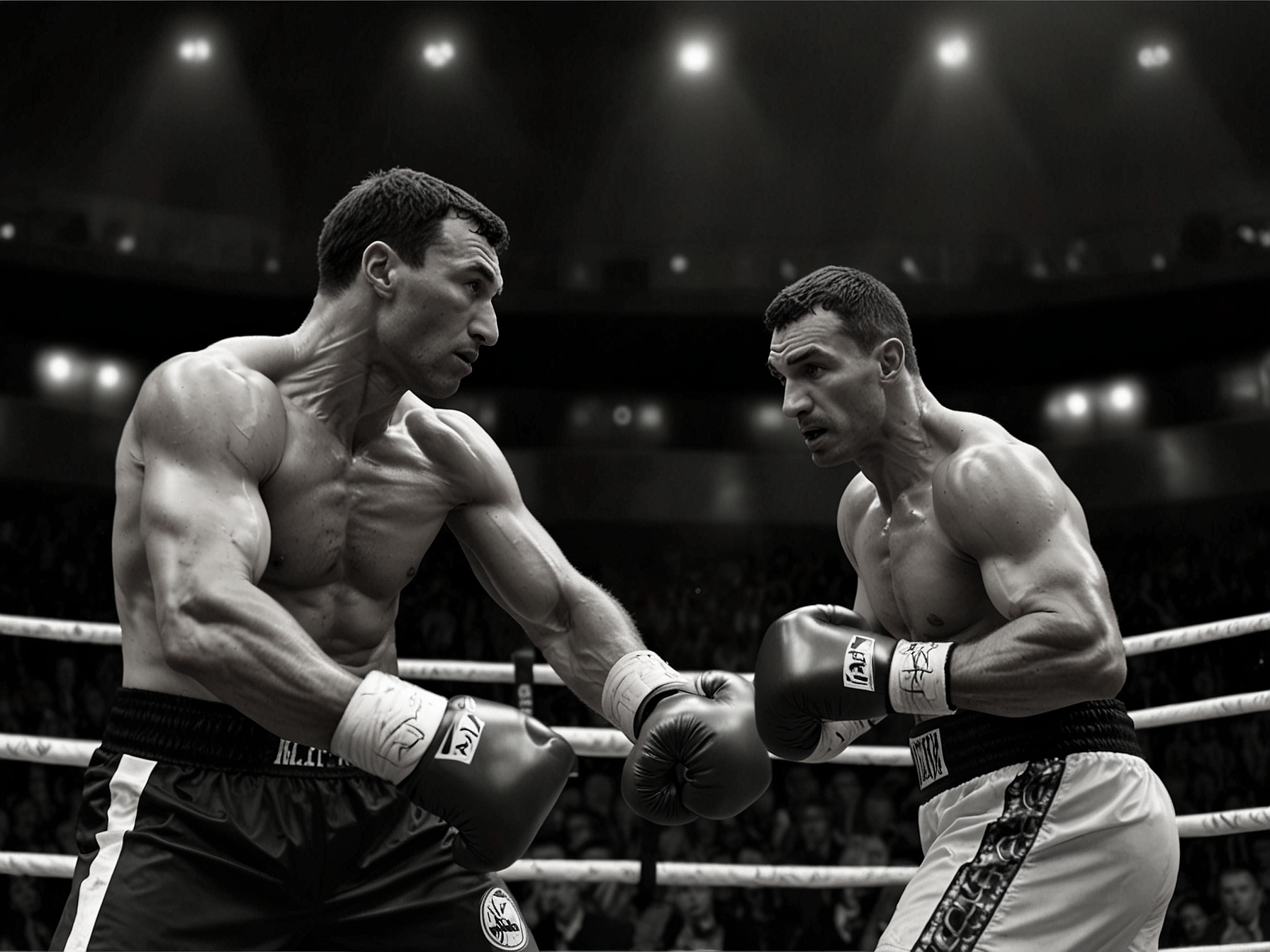
Russian propaganda tactics often employ disinformation to shape narratives about Ukraine and its leadership. The issue is not just about Rogan but the larger implications of such messages being accepted as facts. As casual conversations morph into gripping headlines, the responsibility of veracity lies with both influencers and audiences. Can we reclaim the sanctity of truth in a landscape peppered with opinion?
The International Fallout of the Narrative
Rogan’s assertions, while wildly popular among his fans, raise critical questions about international duty. They reverberate past the podcasting world, affecting diplomatic relations and public perception. For a world already challenged by rising tensions, is this what we truly want to propagate?
As Ukraine’s former foreign minister Dmytro Kuleba pointed out, the debate around Ukraine should include their voices. Klitschko amplifies this sentiment, challenging Rogan to invite him for a genuine exchange of ideas. Perhaps this clash brings forth an opportunity—a chance for growth in understanding and a clearer picture of reality.
Next Steps for Discourse
Amid heated debates, moderation and openness are vital. Klitschko’s plea to discuss differences on mainstream platforms like Rogan’s podcast demonstrates how dialogue bridges divides. Does Rogan’s platform have the potential for more constructive conversations about critical issues? Can voices like Klitschko’s usher in a new age of responsible discourse?
In summation, the intersection of media, misinformation, and international relations plays a pivotal role in shaping attitudes. The challenge for figures like Rogan lies not only in leading discussions but ensuring they are grounded in truth or consciousness. Can we navigate this space together, balancing opinions with responsibility? Only time will tell.

